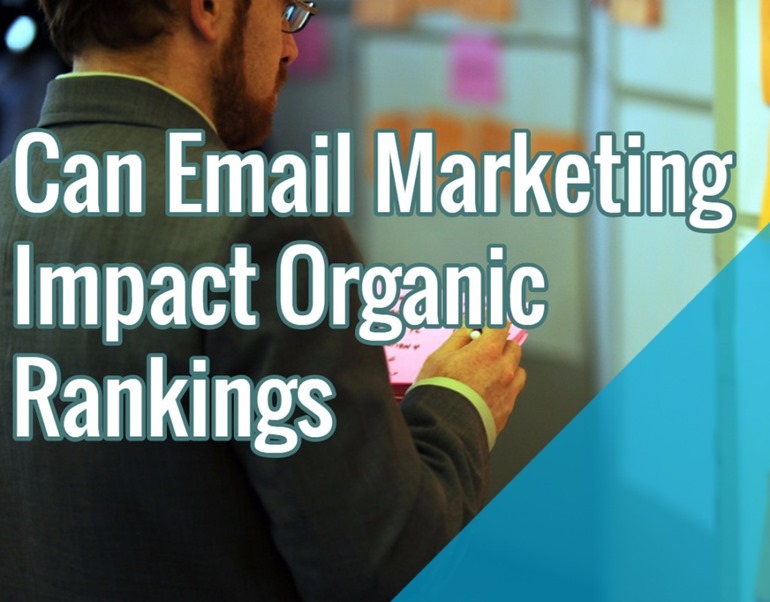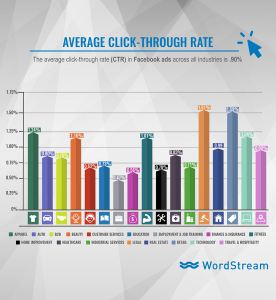
In August 2015 Google was awarded a patent that would enable it to take metrics from its email services, most prominently Gmail, and use information gathered from its spam filters to improve its web search results.
The idea in the patent is fairly straightforward. Google, through Gmail, already scans incoming email for signals of spam and receives spam reports from users. When Google learns of spam email, it is then able to take a look at the email and determine which vendors are involved. Vendor specific information is gathered by reviewing who sent the email and what links are provided in it.
With that information, Google can then build a trust rating for each vendor. That trust rating can then be applied to the vendor’s web presence, which Google will then either promote or demote in its search engine rankings as appropriate.
In short, under this system, websites that send email routinely marked as spam will likely see their rankings in Google’s search results drop. It is unclear just how strong this impact will be or how long it will last. It is also unclear how Google is going to stop less scrupulous competitors from spamming out competitor links in order to demote them.
It is worth mentioning that Google applied for this patent back in 2012. Since patents are a way to protect an idea, there’s no way to know if Google, has any intention of using the system, has just begun using this system now or has been using it for the past three years already.
But while the patent is important and is a clear sign that marketers should be watching their email response rates even more closely, email has long had the ability to help or hurt with search engine efforts.
For example, while email marketing has not been effective at increasing social shares, which can be an important metric for search engine performance, email newsletter archives and “view in browser” versions of email newsletters, have long had an impact on search engine optimization both for good and ill.
Still, the Google patent is the first indication that inbox performance of emails could have a direct bearing on how well a site performs in the search results. This means that it is more important than ever to marry SEO and email marketing efforts. This includes making sure that targeted keywords line up, both for Google’s benefit and readers, and that the visuals and language stay consistent throughout.
The last thing you want is a large number of your subscribers marking your message as spam, or otherwise signal to Google that the message is unsolicited, because they don’t recognize it as being from you.
Whether or not Google is putting its patent to work, now is a great time to evaluate your email marketing efforts, make sure that they tie in well to your SEO efforts, that they provide great value to your readers and are getting the response rates you want. You may also want to double check and make sure that your SenderID is set up so that Google will be able to easily tell if you authorized the outgoing email to be sent.
All in all, legitimate email marketers should not be significantly impacted by any changes. Google knows that even legitimate newsletters get reported as spam from time to time and the system appears to be more about comparing vendor to vendor, rather than setting absolute limits.
Hand-Picked Related Articles:
- 10 Email Marketing Stats that will Blow you Away
- Semantic Email Marketing Using Schema Markup
- The Right Time To Send Emails At Every Step Of The Funnel: Timing Is Everything
* Adapted lead image: ![]() Some rights reserved by ITU Pictures
Some rights reserved by ITU Pictures
Can Email Marketing Impact Organic Rankings
The post Can Email Marketing Impact Organic Rankings appeared first on Search Engine People Blog.
Search Engine People Blog(66)
Report Post






